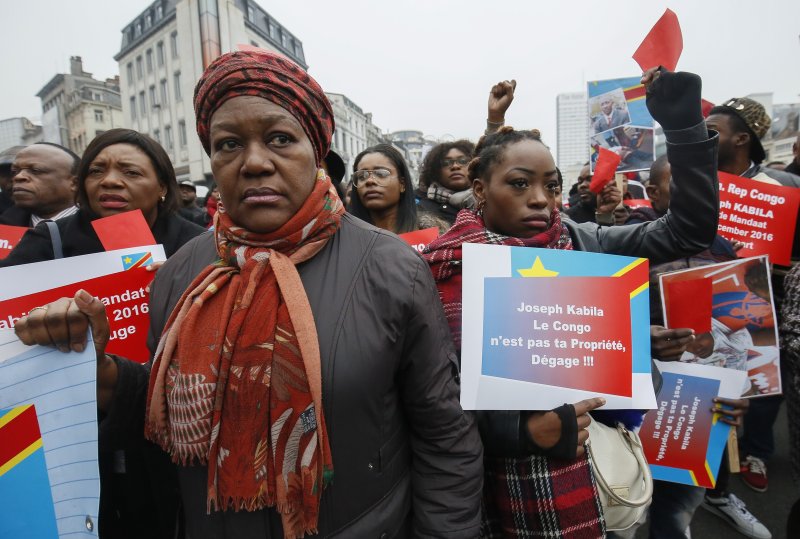Gunny
Gold Member
Rebel leader General Laurent Nkunda has threatened war unless the government of DR Congo holds a new round of talks.
He was speaking after a meeting with UN envoy Olusegun Obasanjo in the rebel-held eastern town of Jomba.
Troops loyal to Gen Nkunda have been battling government forces in North Kivu province since August, forcing 250,000 people to flee their homes.
Two weeks ago Mr Obasanjo negotiated a ceasefire, but renewed fighting has since broken out.
"If there is no negotiation, let us say then there is war," Gen Nkunda told reporters.
"I know that (the government) has no capacity to fight, so they have only one choice - negotiations," he said.
BBC NEWS | Africa | Congo rebel chief threatens 'war'
